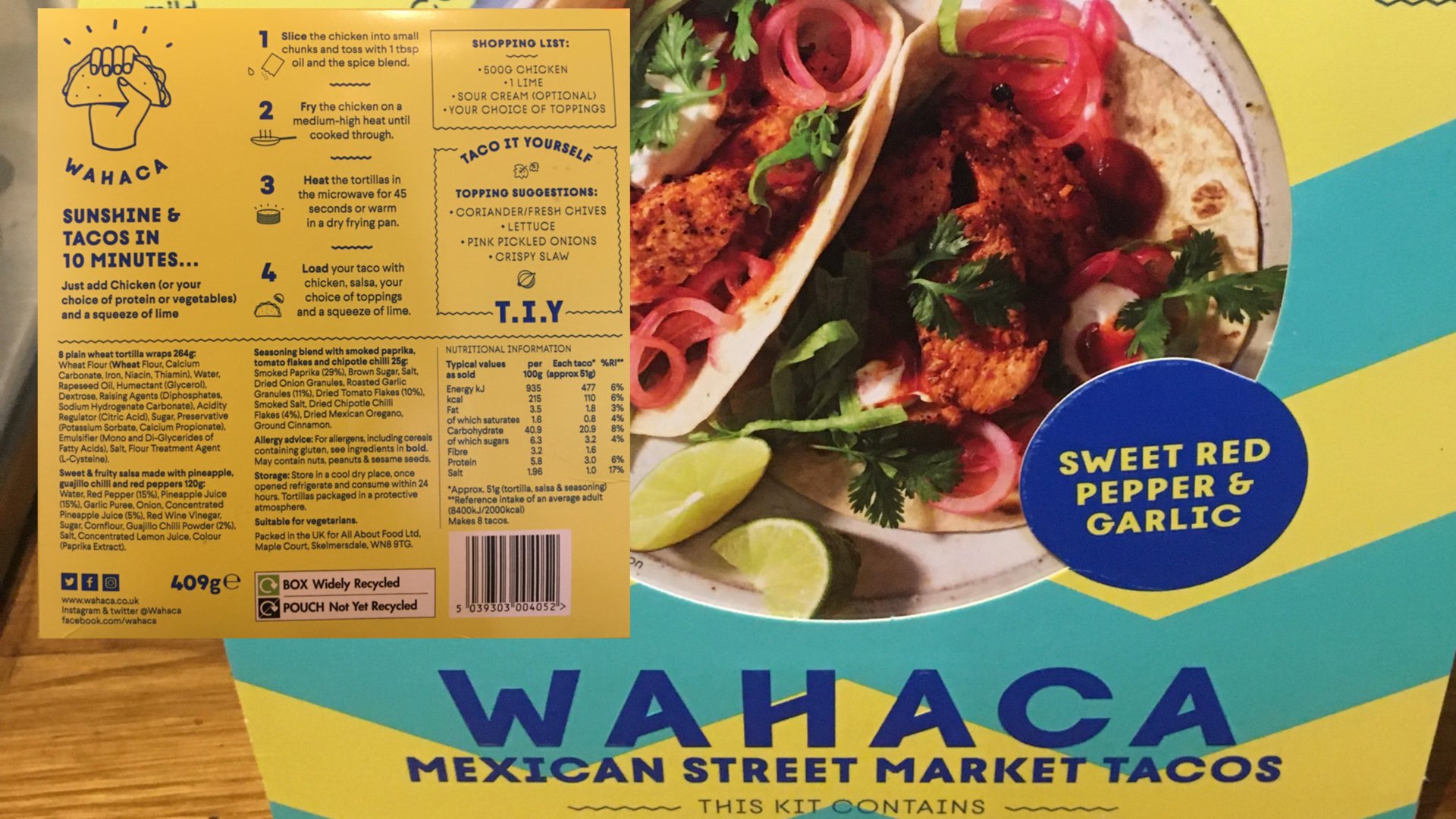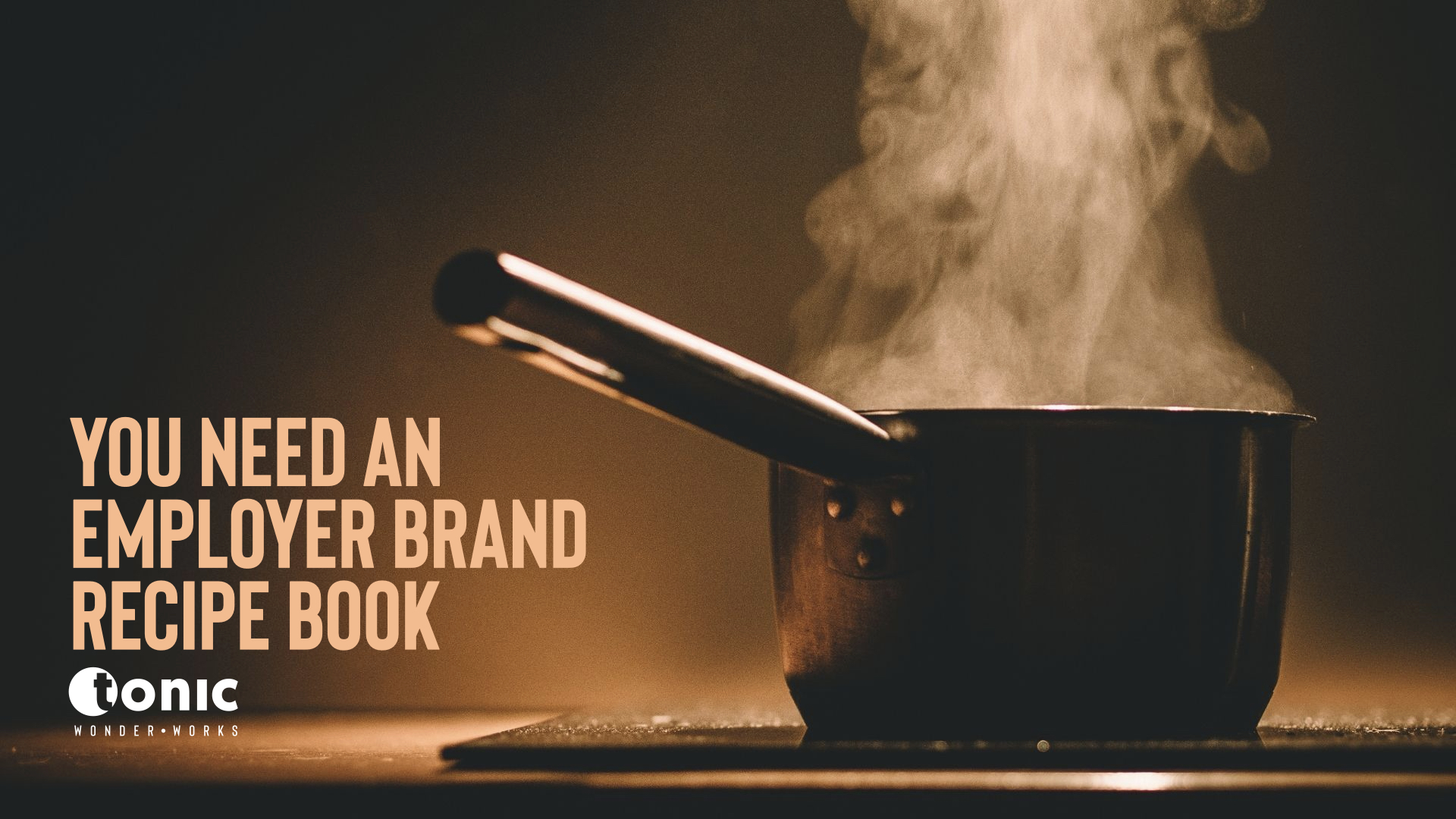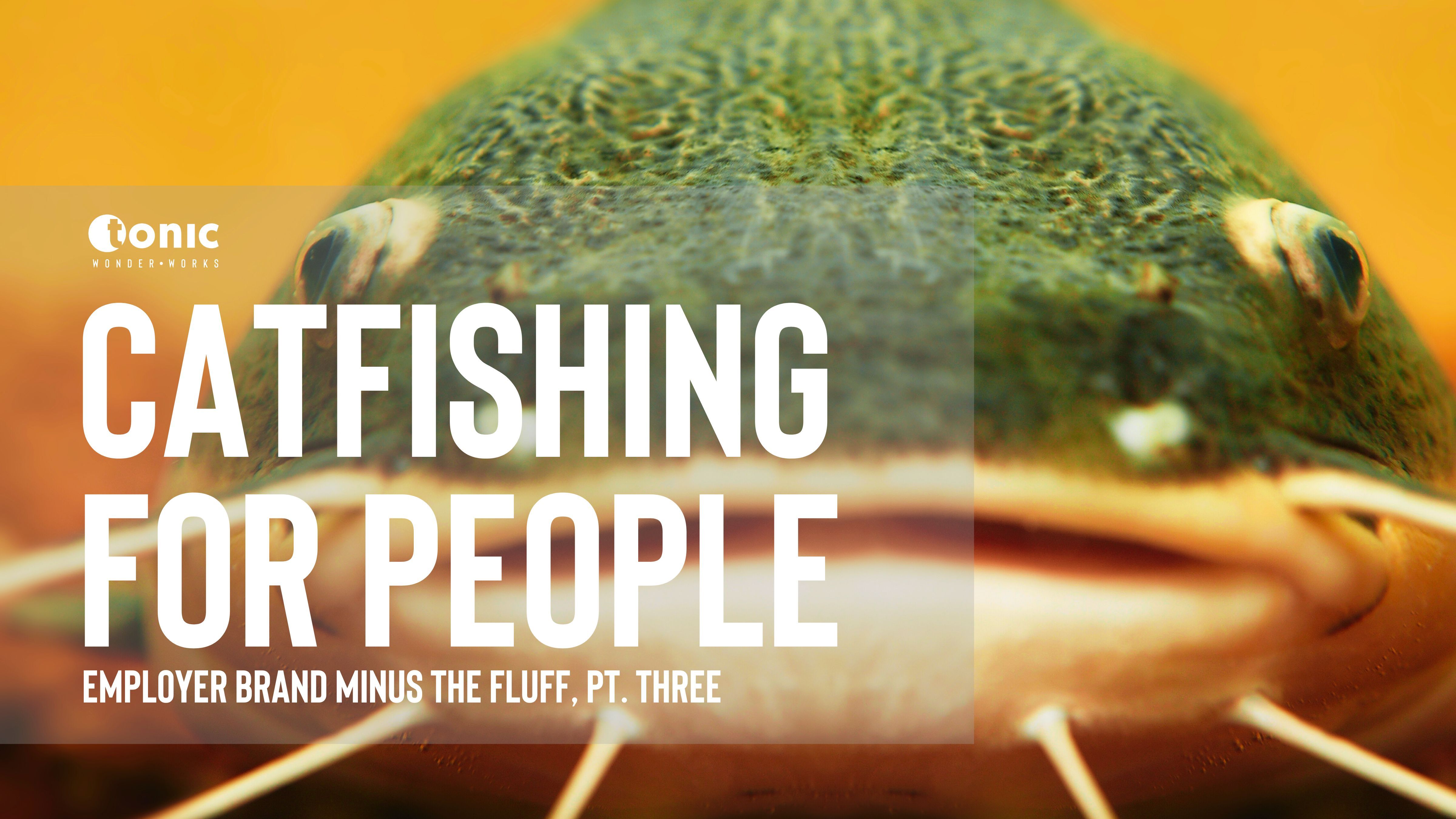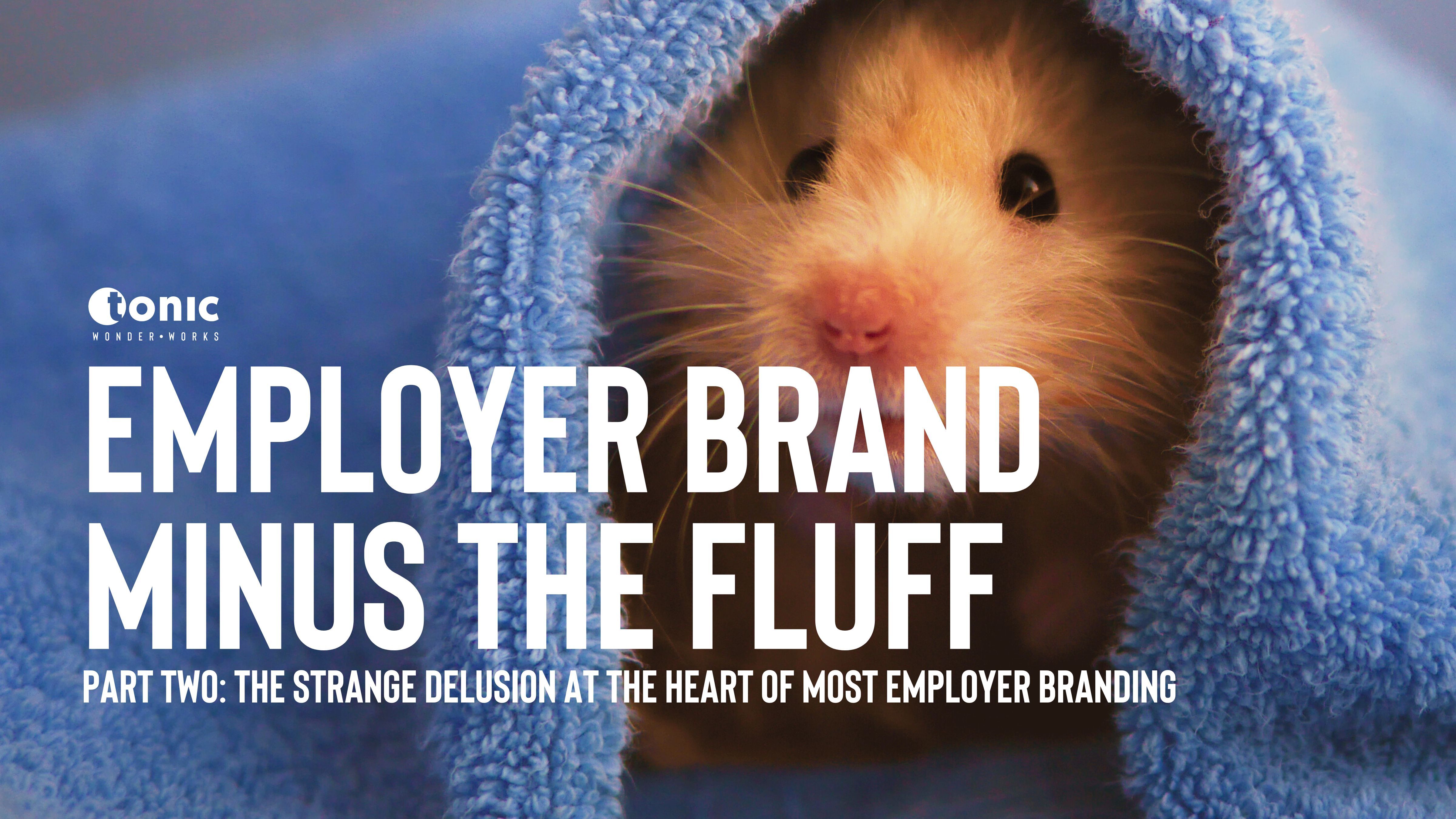If we must have jargon, let's make it better jargon that actually helps us.
I hate terrible metaphors. They're like a red rag to a hamster with me, and I come down on them like a ton of ferrets. The problem is that a metaphor is supposed to aid our understanding of an idea or issue, and enable us to think about it more clearly, but if the metaphor was wrong-headed in the first place it not only doesn't help, it hinders what we're trying to achieve. (Never let me get started on The War For Talent unless you've got a good 90 minutes to spare while I ramble about Clausewitz and military strategy)
Which brings me to Employer Brand Toolkits that do not contain Employer Brand tools. I'm not even sure what an Employer Brand hammer, Employer Brand adjustable wrench, Employer Brand socket set or Employer Brand spirit level would even be. The problem with the terrible analogy is that when we're deciding what to put into our toolkit, actual toolkits are of no assistance in our thinking. And actually why are we even reaching for a metaphor from DIY? It's something most of us do hesitantly and amateurishly if we do it at all, as some of my own attempts would illustrate if I wasn't too embarrassed to show you...
I think it's time for a newer, better metaphor; one which will allow us to explain what we're trying to achieve, and the way we might go about doing that. And I'm putting forward the case that a good place to start might be cooking. It's something we all do (with varying levels of skill), it's something most people care about the end result of, even if they're not into the process itself. Already this feels like more fertile ground to me.
So what kind of guidance do people want while they're cooking? I'd say this is hugely about experience and confidence. Let's consider four levels:
The instinctive/trained chef cooks following their nose - choosing ingredients as they go, seasoning by instinct, doing timings by gut and observation. These people fill me with awe, and I am very much not one of them.
The confident chef can and does regularly follow a written recipe - confident in a lot of techniques, able to substitute ingredients for something suitable when necessary, but still likes a framework to follow.
The unconfident chef is game to have a go, but needs a lot more support and guidance. They'll want simpler recipes that talk through the steps in detail, and might want to watch a YouTube video to get the hang of something new.
The unwilling chef Shoves it in the microwave, or in the oven. Bosh.
I think these have pretty good parallels in the world of employer branding - the full-time brand specialist who needs little or no guidance; the experienced recruitment professional who just wants to know the rules of the game; the person learning their trade who needs a few more tips and hints; the person for whom this is a chore and just wants something they can get off their desk.
What I think most Employer Brands would benefit from within this analogy, is a recipe kit - something that makes the cooking easier for everyone, but that allows those with flair to express it, and those with more doubts to feel confident they're getting it right. What I'm talking about is the kind of thing that gives you some ingredients pre-prepared, a list of what you need to buy separately fresh, and instructions to follow on how to put it all together. Your "trained chefs" aren't going to use it at all, but this really isn't aimed at them, as they don't need it.
In my flat, we're a big fan of the Wahaca taco recipe kits. My wife, being a much better cook than me, promptly ignores all the instructions, as it's obvious to her what to do, but she's still using their tacos, their salsa, and we end up with something roughly like they envisaged (although with considerably more peppers). I, on the other hand, slavishly follow their instructions to the letter, and although I'm of extremely limited ability, we also end up with something roughly like they envisaged. The recipe kit gives you that solid foundation that makes sure whoever's using it, you end up with something that is undeniably a taco, and one that tastes at least somewhat like the way Wahaca think a taco should taste.

So, if you're still with me, and haven't got distracted by the thought of tacos (or indeed if you're flicking back to this page having just ordered some in another tab on your browser), what are the contents of an Employer Brand Recipe Kit?
Starter ingredients That "sauces and spice mix" or tortillas that you could possibly make yourself, but is best done by someone who really knows what they're doing. This might involve core brand assets, straplines, hero videos and so on. These are fundamental building blocks of your brand that give it the flavour we don't really want people to mess with unless they're genuine experts.
A shopping list A checklist of what you need to add to complete the dish, and depends on what's available or suitable locally. This could be things like local staff profiles, locally relevant social content, location-based content, local CSR activity... These are elements where it's positively better to have it done locally, and we want to actively encourage our wider teams to do that.
A recipe Step-by-step instructions that talk you through what you need to do, how to combine all those ingredients together - making sure everyone creates something that tastes great and puts a smile on people's faces - whatever the skill level of the person using the kit.
I'm not sure it's the perfect metaphor, but I think it's better than the toolkit. I also think it's preferable to the toolkit's American cousin, the playbook - which implies sets of preset, situation-based plans used by people who've been drilled in those relentlessly. I'm not sure that's the route to something relevant, emotive and persuasive either, however effective it might be on the gridiron or basketball court...
Anyone got any better ideas? I'd be on cloud seven if you do...





